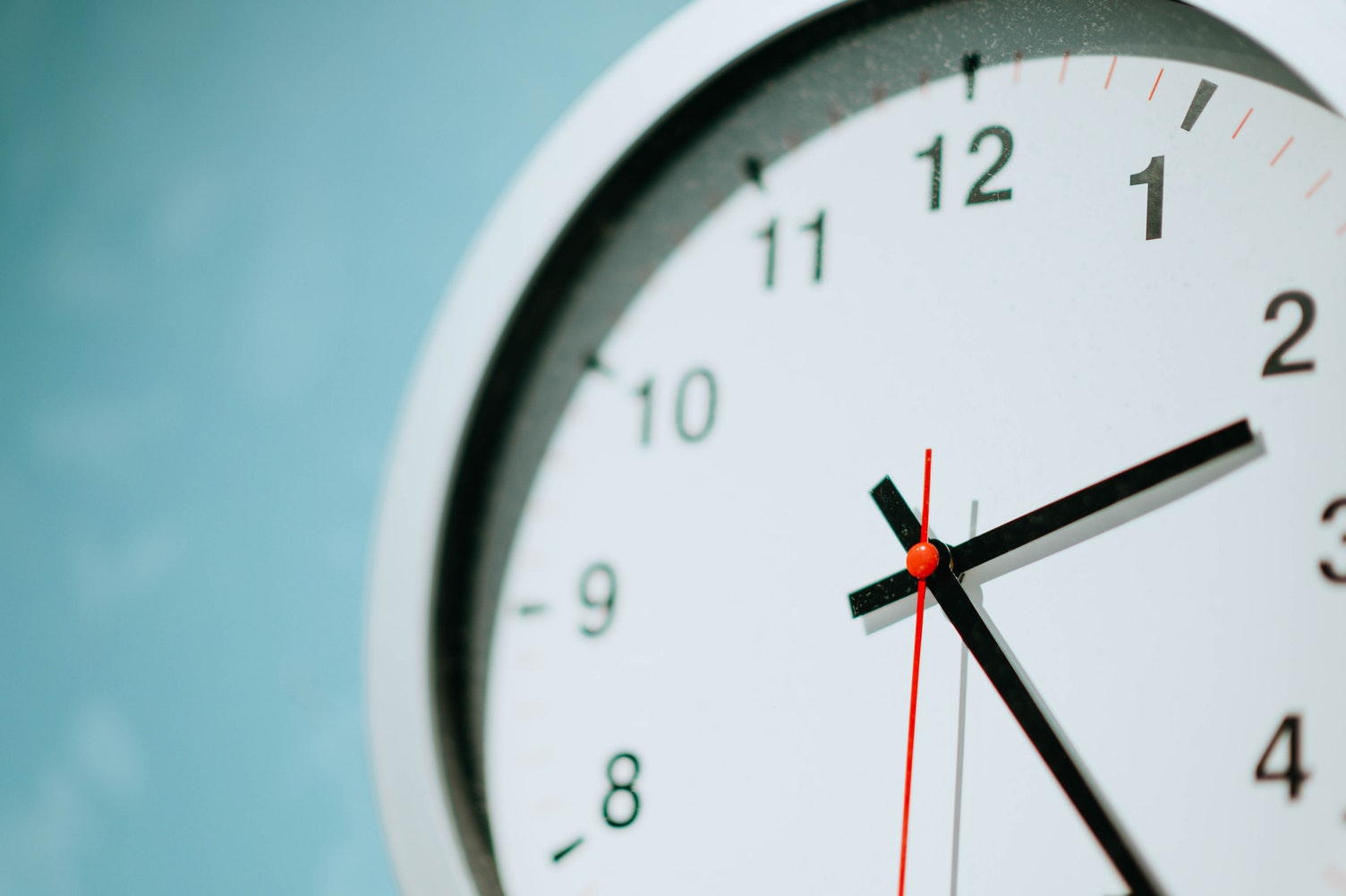
Have you been wondering about the benefits of intermittent fasting and whether it’s a good idea for you? While IF can be a powerful tool in the right context, if you have issues like waking up tired, having energy dips throughout the day, unhealthy cravings, weight gain, etc, what you don’t know may be hurting you! Read on to find out whether IF sounds like a good idea for your specific situation.
Intermittent fasting (IF), or “time-restricted feeding”, is not really a diet as much as a pattern of eating. We’re not talking about what you eat as much as when you do. Unlike ritual fasts, you make IF a regular part of your life by limiting your daily eating to a particular window — at least a few days a week if not every day. Some people also like doing longer fasts periodically.
What that looks like in real life
So for example, you skip breakfast and only eat lunch and dinner, or you do breakfast and early dinner. So in essence you’re limiting your food intake to an 8, 10 or 12-hour window. I’ve even heard of those doing 4-hour windows or having a single meal in a 24-hour period. While fasting, you can drink water, black coffee or tea.
It is true that IF can be an amazing tool for many people in the right context. There’s reason to believe that it can increase energy, improve mental clarity and memory, and facilitate weight loss (more specifically fat loss and not muscle mass). It may help with chronic conditions such as diabetes, heart disease and even cancer, and overall longevity.
Sounds super impressive right??
Important caveats
But like anything with nutrition, there is no “one size fits all” with IF, and caution is warranted especially if you are a woman — not to mention a tired mama!
We women have needs that are specific to us, especially when it comes to our hormones.
Let’s think about it for a minute: the reason IF can be beneficial is because it’s a stressor (much like exercise). But going without food for extended periods on a regular basis sends starvation signals to the organism and our bodies can respond to this by tamping down our reproductive function.
This makes intuitive sense if you think about it: if your body’s sensing that you’re about to enter a period of famine, it tries to protect you from getting pregnant and possibly jeopardizing your (and your baby’s) life. So this means you should definitely stay away from fasting when you’re trying to have a baby. Extended fasts are also not recommended when you’re pregnant or breastfeeding.
Reproductive health IS health
But let me catch you before you say “oh I’m done making babies so I’m good”. Because remember this: reproductive function is a vital sign for us women so no matter which season of life you’re in, it is not OK if your fasting regimen is causing hormonal issues (such as losing your period or developing acne).
And here’s the other thing: so many moms today are already really depleted and feeling less than amazing as a result. If you’re struggling with the issues I mentioned above like waking up tired, struggling with cravings, sleep issues, coming down with every bug that the kids bring home from school etc, these are clear signs, my friend, that your body is under considerable stress already… And if you just throw IF into the mix before doing anything to take care of yourself more deeply, chances are high that it will NOT do what you want it to do, which is to lose weight and keep it OFF. Not only that, it may even backfire — as in your health suffers further and you don’t feel any better than when you started off. (Even if you try it and find that you don’t feel too hungry, that might still mean your body is under stress.)
No matter which season of life you’re in, IT IS NOT OK if your fasting regimen is causing hormonal issues.
Overeating or UNDERnourished?
In fact, the biggest problem I see with the moms I work with is not OVEReating (even when weight is a problem!) but rather UNDERnourishment. This means that, as a first response, I would NOT be missing out on any chances for nourishing the body by cutting out entire meals.
So here’s my suggestion: what if you started first with deciphering your body’s language and giving it what it’s asking for *before* possibly stressing it even further?
And here’s what that might look like: you start eating the right foods (here’s a good place to start). You focus on sleeping better and taking care of your circadian rhythms (meaning respecting the natural light/dark cycles). You start upping your self-care and managing your stress (here’s an excellent place to start for that).
I would love for you to first try these things and see if your mood and energy levels start improving…
The biggest problem I see, even when weight is a concern, is not OVEReating but UNDERnourishment.

Tips for healthy IF
Now after this point, if you are still interested in giving IF a go, here are some of my tips on doing that in the most helpful way possible.
First another caveat though: juust in case you’re thinking you can hold onto all your current eating habits and just add this in for all the added benefits? Not so fast! Just because IF is about WHEN you eat does not mean you should stop caring about WHAT you eat. In other words don’t use it as a “get it of jail free” card thinking you can continue your old ways if you just limit your eating window. You still need to nourish your body properly by eating a real whole foods diet (once again, here’s more on that).
Also make sure you’re eating ENOUGH. The idea with IF is not to cut down on the amount of food, just limiting when you eat it. That being said, you may naturally start eating less without trying as you get your blood sugar back into balance and nourishing your body with a healthier diet.
IF is not an endurance competition!
I love Mark Sisson’s suggestion of asking not the longest fast we can stand but the SHORTEST one that can give results. Personally, I’ve been either pregnant or nursing for much of the past seven years so doing extended fasts is not a good idea for me at this point in my life. But the cool thing about IF is that it is actually quite flexible. I try to respect a 12-hour eating window most days (so for example not eating between 8 pm and 8 am). That’s perfectly doable and can already start providing benefits.
The bottom line
As with any other new regimen, if you try intermittent fasting make sure it’s in a larger context of taking good care of yourself. It should not just be something you throw at an otherwise sedentary lifestyle where you eat poorly and stay up late in front of Netflix. Learn to understand to your body’s cues to bring yourself to a place of balance first. In this way, when you want to self-experiment with fasting, you’ll be making sure it isn’t adding just one more stressor to your already overflowing stress bucket which, it must be said, is too often the case for busy mamas!
Because we are actually whole human beings and excess weight is merely a symptom of something larger going on. This means that respecting the right order of things could help you avoid IF being just the latest in a long line of failed diets, and improve your health and vitality while finding your ideal weight once and for ALL.
BOOK your free discovery call!

